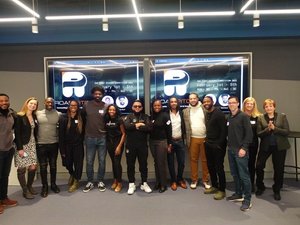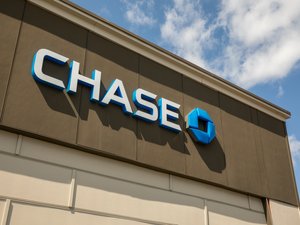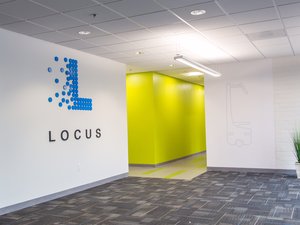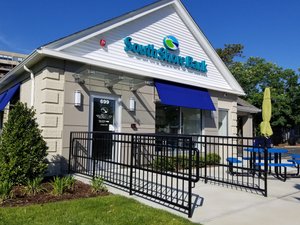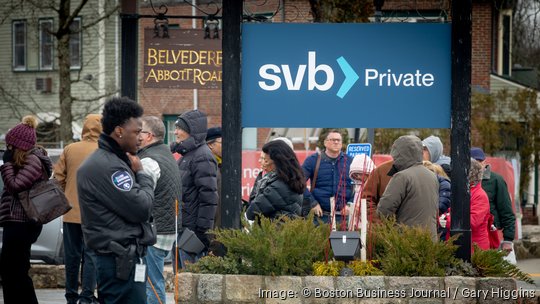
Since its founding in 1983, Silicon Valley Bank has become the go-to lender and banking partner for tech and life science startups in Boston and beyond. The bank has also helped fund about 50 Bay State companies, according to Crunchbase.
After the bank was shut down and taken over by regulators last Friday, the impacts on the startup community were immediate. Founders spent the weekend scrambling to find new sources of funding for paying their employees and other bills this week.
On Sunday night, much of the immediate risk to businesses was reduced when the federal government stepped in and promised SVB customers that they’d have access to their entire deposits on Monday morning.
But Boston-area founders and venture capitalists have more than just short-term concerns on their minds. Members of the startup community said the failure of SVB will likely have implications for startups’ ability to grow and raise capital well into the future.
Impact on the venture capital market
Coming into 2023, venture capital deals were already on the decline. In 2021, Massachusetts startups raised $35.7 billion in venture capital funding. Last year, that amount dropped to $19.5 billion. This drop was accompanied by scores of layoffs across tech giants and startups alike.
Jeff Bussgang, general partner at Flybridge, said there is a risk that SVB’s collapse chills global investment in venture capital because of a perceived greater risk in the market.
“And although the Boston tech ecosystem remains very robust, if there's an overall drop in investment in biotech and tech, that's a bad thing for our ecosystem,” Bussgang said.
“I think it's going to take some time measured in years for investors to be more comfortable embracing risk in the way that they had previously,” he said.
That’s troubling news for startup founders like Oriana Papin-Zoghbi, co-founder of AOA Dx Inc. Her startup is developing a diagnostic blood test for ovarian cancer. Last September, the company announced a $7 million seed round. Now, Papin-Zoghbi said the company is going out to raise its Series A.
She said there is a lot of uncertainty not only about SVB, but about investor sentiment in “already a tough market environment.”
“Yes, I can make payroll. Yes, I got my millions of dollars back. But what short, medium and long-term effect this has is really something that’s on our mind,” Papin-Zoghbi said.
Losing a lender
A report released by Pitchbook this week noted that SVB was the the bank of nearly 50% of the tech and life sciences startup market in the U.S. It was also a lender to many VC-backed companies — including local companies like Nasuni Corp. and airSlate — and a short-term financing provider to VC and PE funds.
“The abrupt fall of SVB significantly impacts VC-backed startups that currently hold a loan contract with the bank, especially when it is unclear when the bank will be sold and whether existing loan terms and conditions will be honored when an acquirer steps in,” per Pitchbook’s report.
While there is a void in the early-stage lending market, Pitchbook said this “will close at some point.” It noted that while SVB had about $5.5 billion in investor-dependent loans, “it is a drop in the bucket of the total capital that makes it to VC-backed startups on a yearly basis.”
Founders who bank with SVB told the Boston Business Journal that they are already in the process of transferring to other banks, namely large institutions like JPMorgan Chase & Co. and Bank of America Corp.
Subscribe to the Morning Edition or Afternoon Edition for the business news you need to know, all free.

